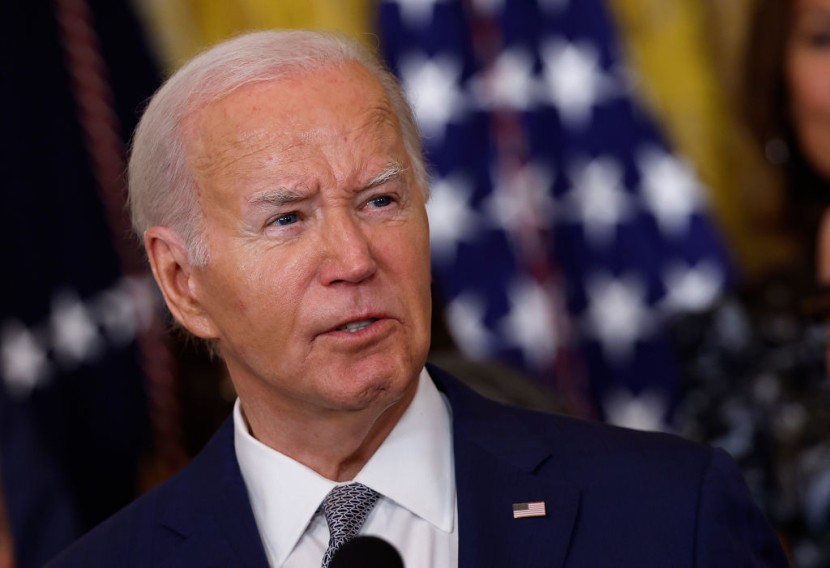
Accusing the U.S. Supreme Court of creating a "crisis of confidence" with recent rulings, and ethics concerns, President Biden unveiled a series of planned reforms on Monday, including 18-year term limits for the justices.
He's also calling for a binding, enforeceable ethics code for the justices, and pressing lawmakers to ratify a "No One Is Above the Law" constitutional amendment limiting presidential immunity in the wake of the court's recent decision largely shielding presidents for "official acts."
Under the proposals, there should be "no immunity for crimes a former president committed in office," said a White House statement.
"President Biden shares the Founders' belief that the president's power is limited — not absolute — and must ultimately reside with the people," it added.
Biden warned in a Washington Post op-ed Monday that "what is happening now is not normal, and it undermines the public's confidence in the court's decisions, including those impacting personal freedoms. we now stand in a breach."
He also emphasized: "This nation was founded on a simple yet profound principle: No one is above the law. Not the president of the United States. Not a justice on the Supreme Court of the United States."
His proposals call on Congress to pass legislation establishing a system in which each president would appoint a justice every two years. Each justice wuld then serve a maximum of 18 years on the court.
Term limits, he argued, would ensure justices change with some regularity and would not merely rely on the resignation or unpredictable death of a member.
He wants a code of ethics for justices that would require them to disclose gifts, refrain from public political activity and recuse themselves from cases in which they or their spouses have financial or other conflicts of interest.
Congress last ratified an amendment to the Constitution 32 years ago. The 27th Amendment addresses pay changes for Congress.
The president will talk about the proposals later Monday in an address at the L.B.J. Presidential Library in Austin, Texas, to mark the 60th anniversary of the Civil Rights Act.









